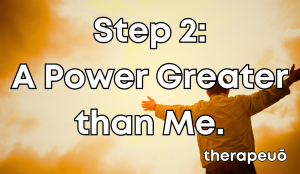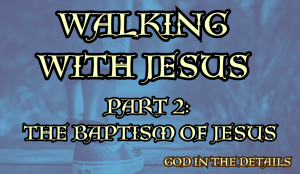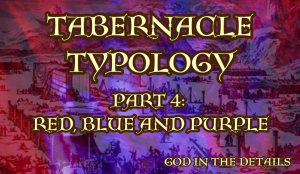
Understanding Step 2: A Power Greater Than Me

The post Understanding Step 2: A Power Greater Than Me appeared first on Kingdom Revolution.


The post Understanding Step 2: A Power Greater Than Me appeared first on Kingdom Revolution.


The post Walking With Jesus: The Baptism of Jesus (Mark 1:3-11) appeared first on Kingdom Revolution.


The post Gratitude: A Call to Worship appeared first on Kingdom Revolution.


The post Hands and Feet appeared first on Kingdom Revolution.


The post Tabernacle Typology 4: Red, Blue and Purple appeared first on Kingdom Revolution.